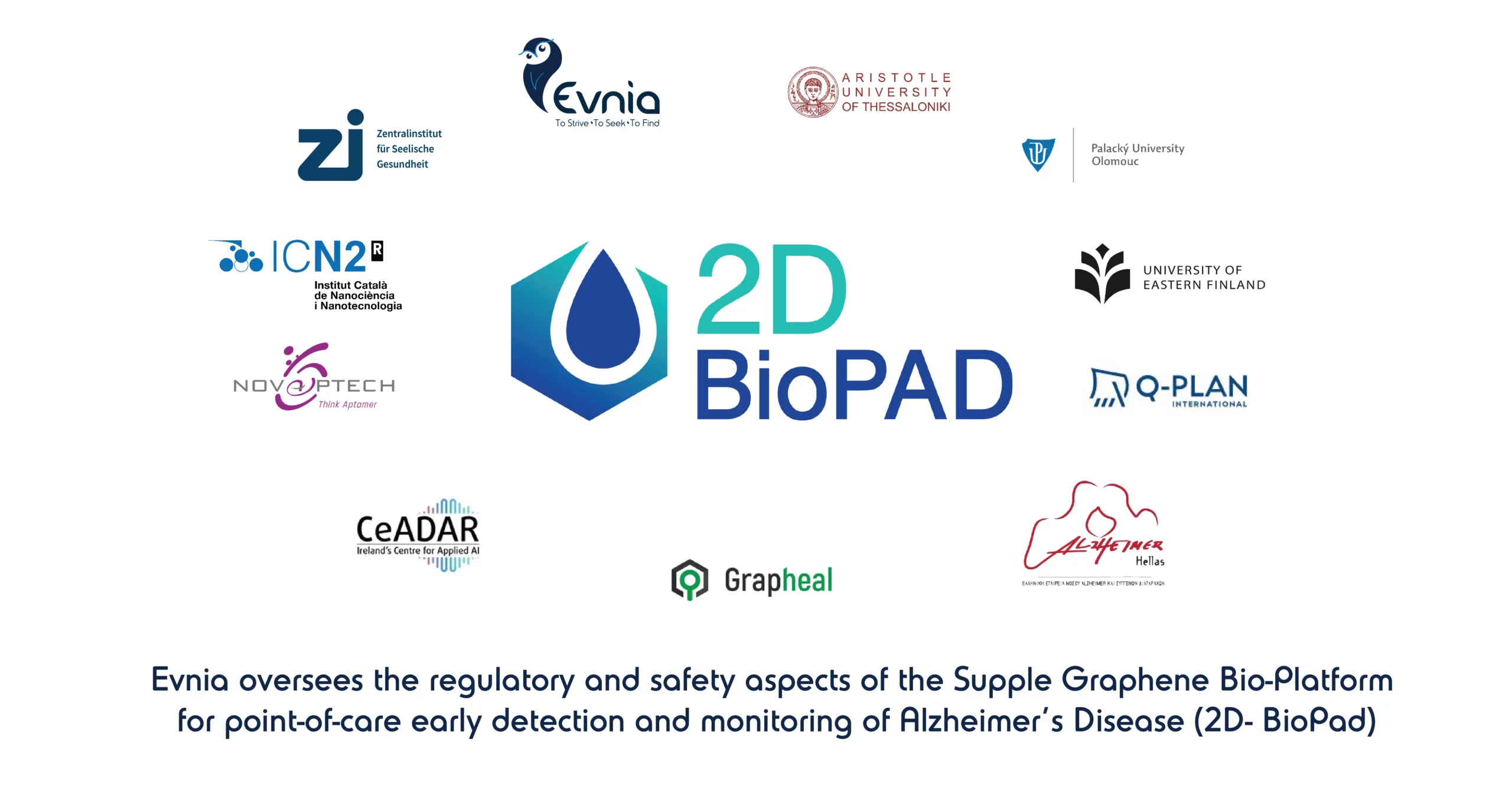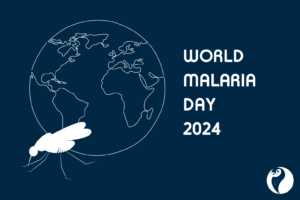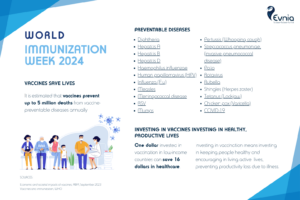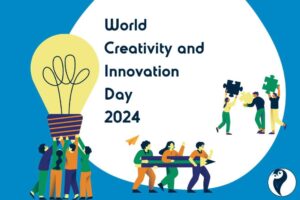One of the most common forms of dementia, Alzheimer’s disease (AD) is affecting millions of people around the world. From the patients themselves to their caregivers and their families, Alzheimer’s has devastating effects on people’s lives. It is estimated that by 2050, 18.8 million people will suffer from Alzheimer’s in Europe – a daunting future, especially considering the aging population and the rise of life expectancy. Alzheimer’s disease is complicated. It can have an enormous psychological burden on the patient’s family who sees their loved one fading away and who often doubles as the patient’s caregiver. Currently, with no cure available early detection is crucial to ensure the life quality of the patients’ as well as their chances of benefiting from the available treatments. The existing methods of screening, however, are not only invasive but also expensive which makes them inaccessible to the public.
The Supple Graphene Bio-Platform for point-of-care early detection and monitoring of Alzheimer’s Disease or 2D- BioPad, aims to revolutionise the detection process by offering a non-invasive and cost-effective screening system, which can be used by primary care professionals. Using a graphene point-of-care in vitro diagnosis and combining DNA and nano technologies, 2D-BioPad supports the identification of the reversible causes of AD and preventing the patient’s hospitalisation. The accessibility and efficacy of 2D-BioPad, will have a significant impact on patient’s well-being; the early detection will give the patient a better oversight of their future and the monitoring will allow them to better respond to treatment, enhancing thus their quality of life as well as their families’.
2D- BioPad is funded by Horizon Europe, a European Union funding program that supports research and innovation and is coordinated by the Regional Centre of Advanced Technologies and Materials (RCPTM) of Palacký University Olomouc with the participation of Q-PLAN International, the Catalan Institute of Nanoscience and Nanotechnology (ICN2), Grapheal, the Aristotle University of Thessaloniki, Novaptech,the University of Eastern Finland, the Greek Association of Alzheimer’s Disease and Related Disorders, the Central Institute of Mental Health (CIMH), the National Centre for Applied Data Analytics & Artificial Intelligence (CeADAR) and of course, Evnia.
Evnia is the medical device regulatory and clinical expert of the 2D-BioPAD consortium and ensures that the ISO and EU/MDR and EU/IVDR standards are upheld throughout the different phases of the design, implementation, experimentation and deployment of the project. We also oversee the embedding of patient safety and ethical standards during the design process, following a user-centred approach.
We are immensely proud of our participation in the 2D-BioPad project, and we are looking forward to witnessing the transformative impact it will have on Alzheimer’s patients, their families and the medical community at large.





